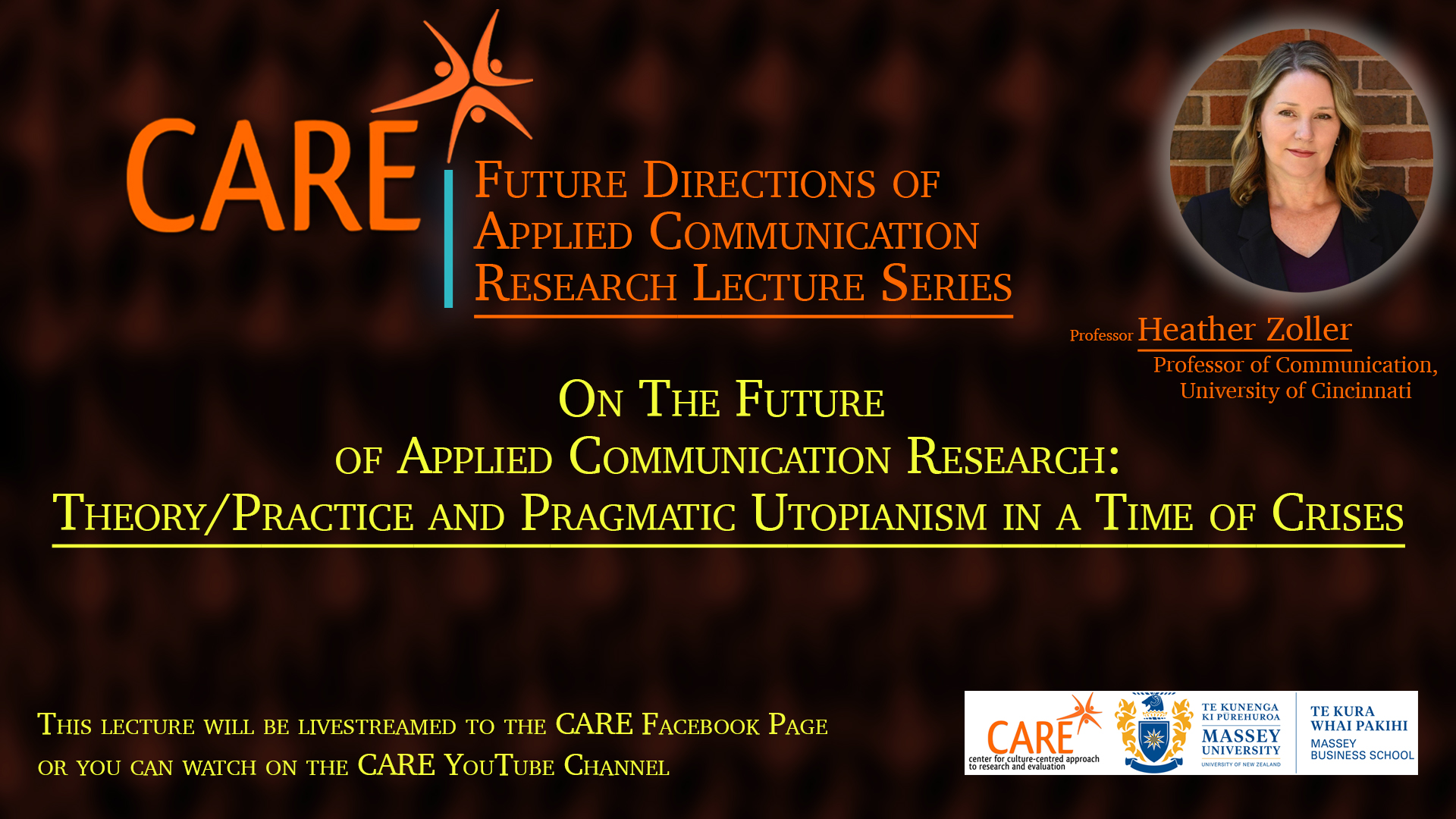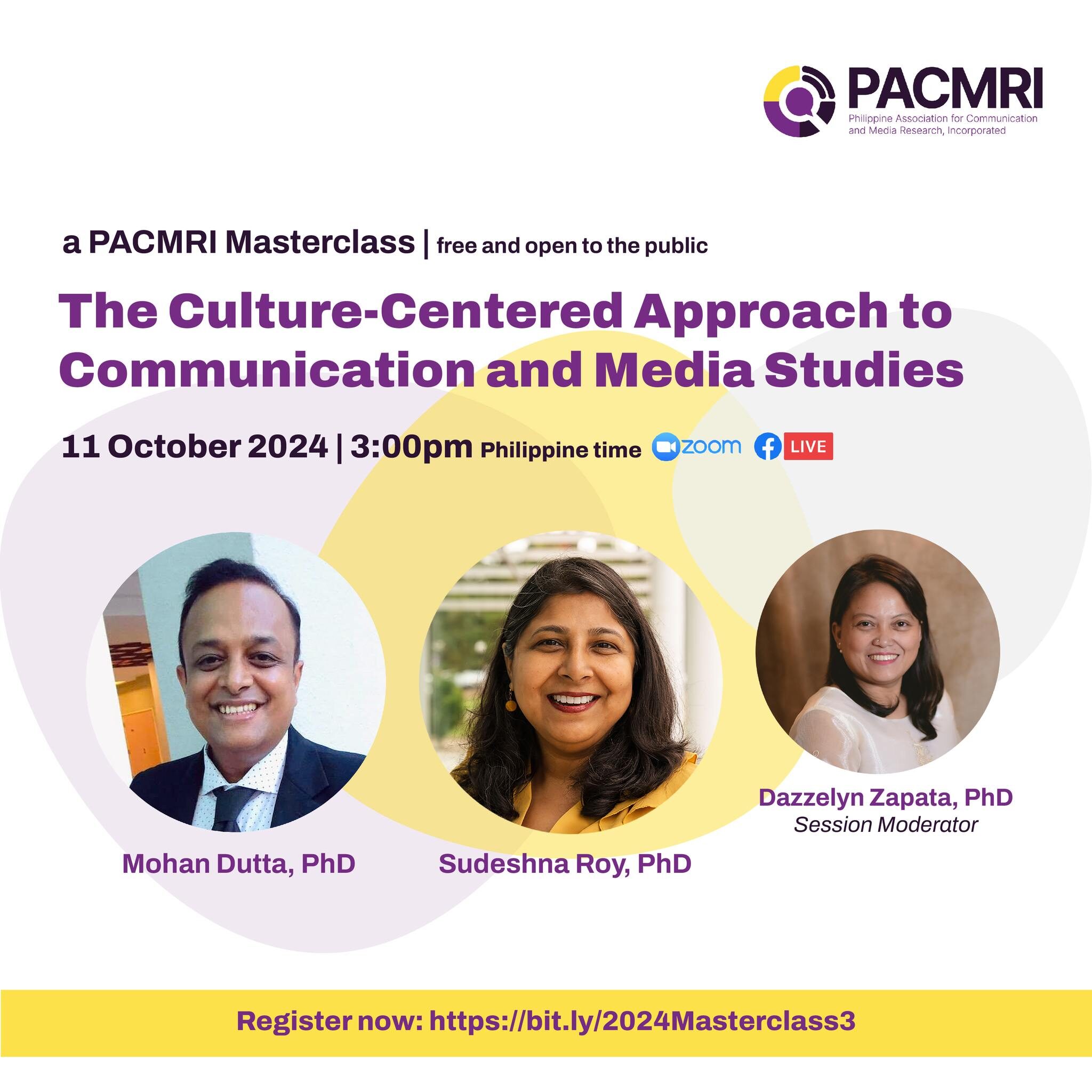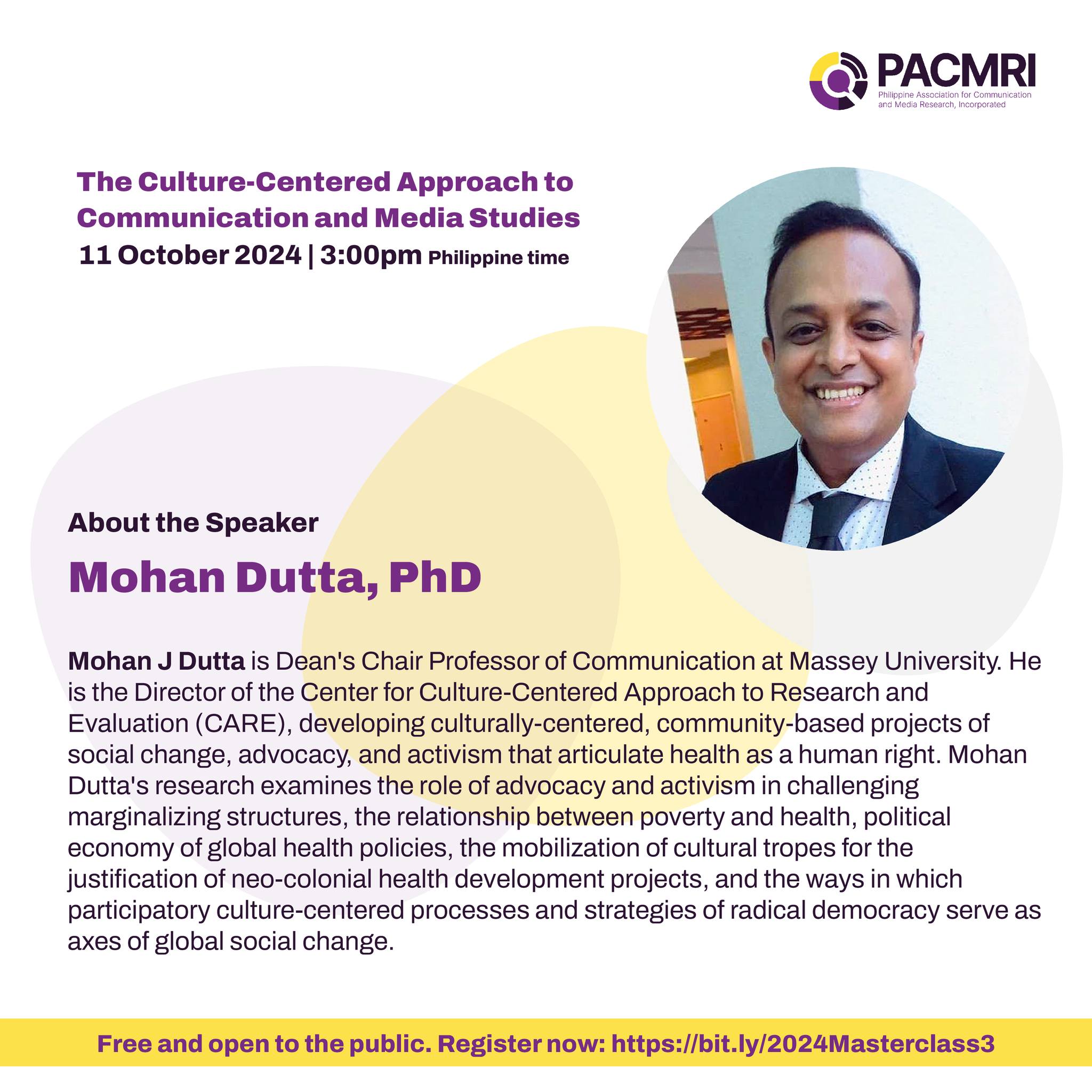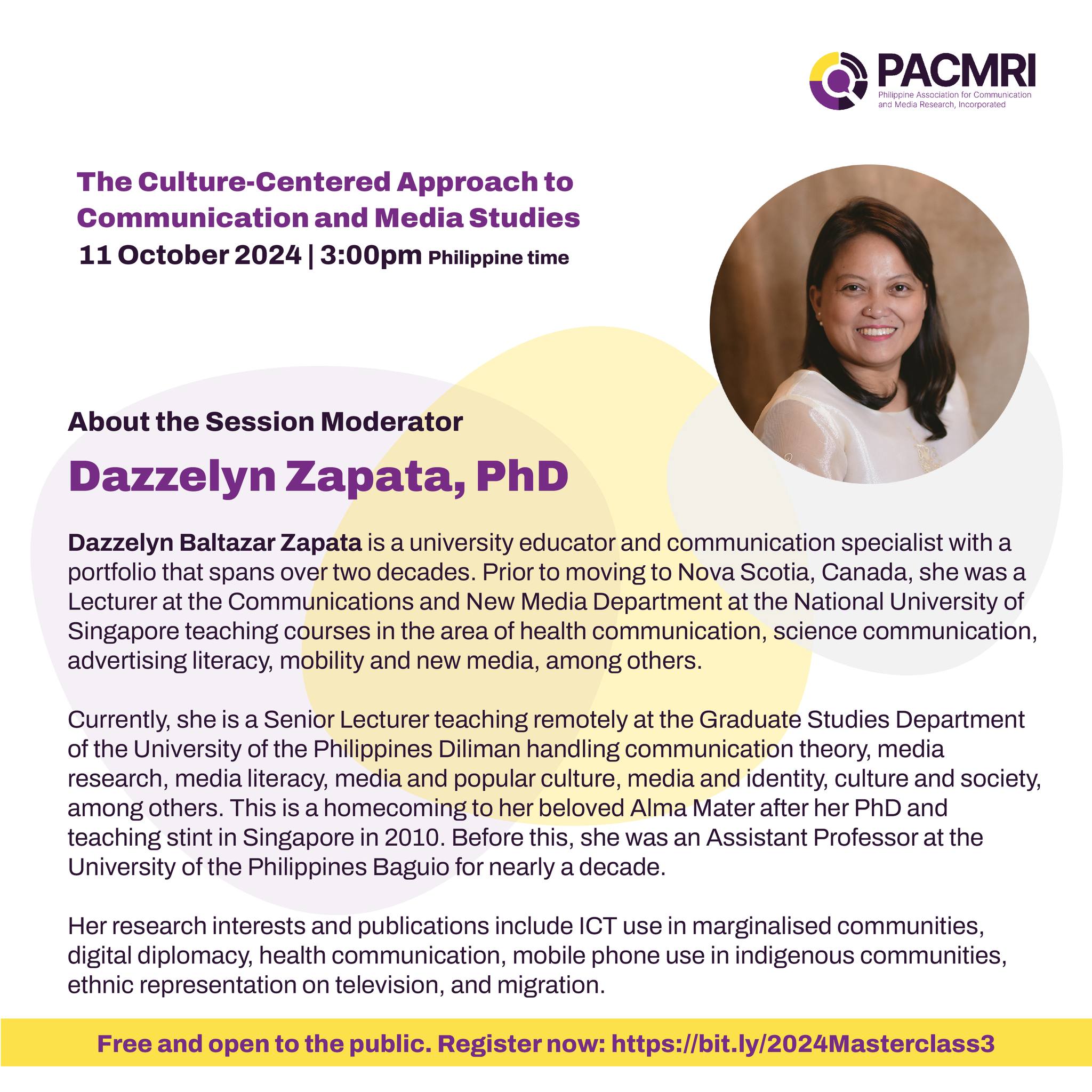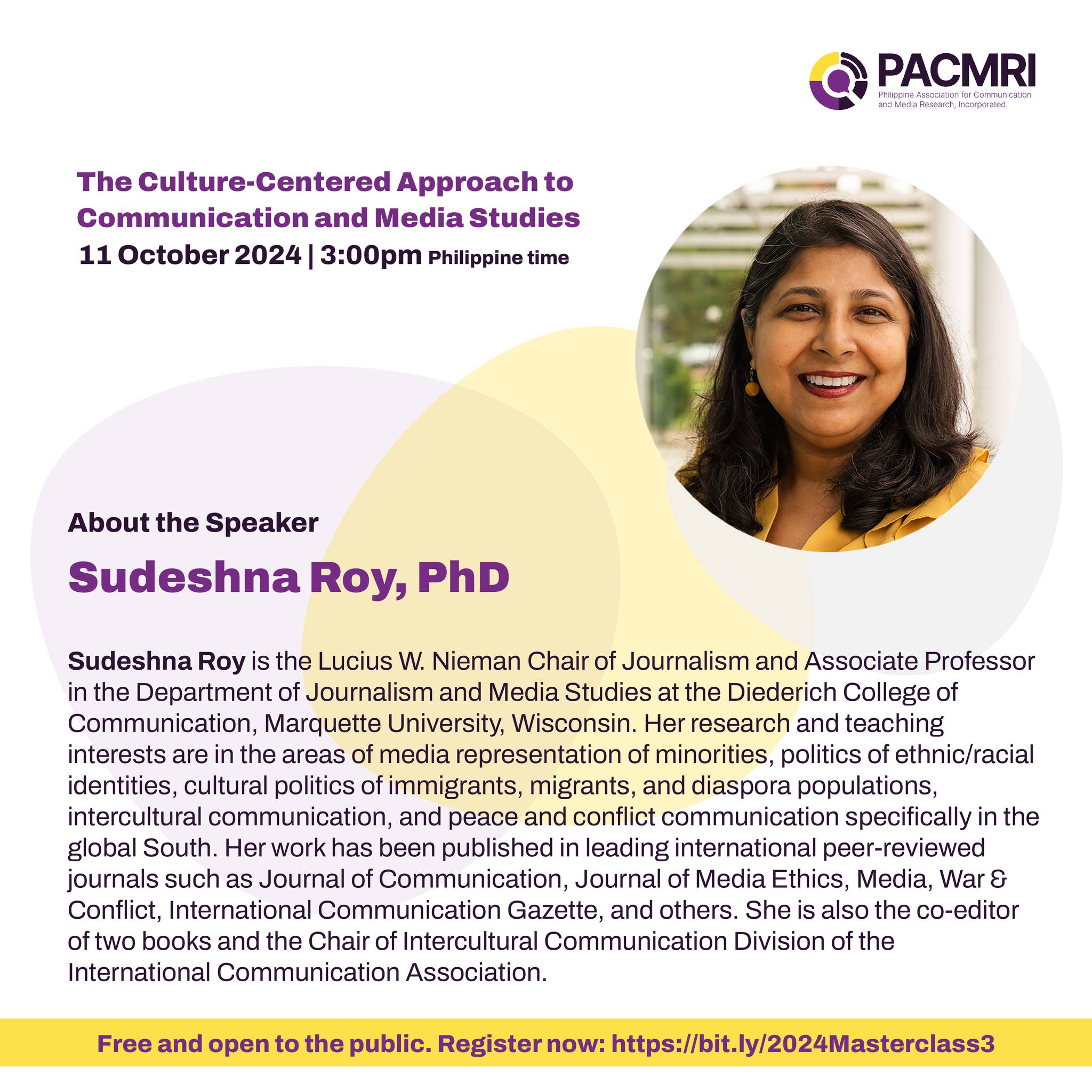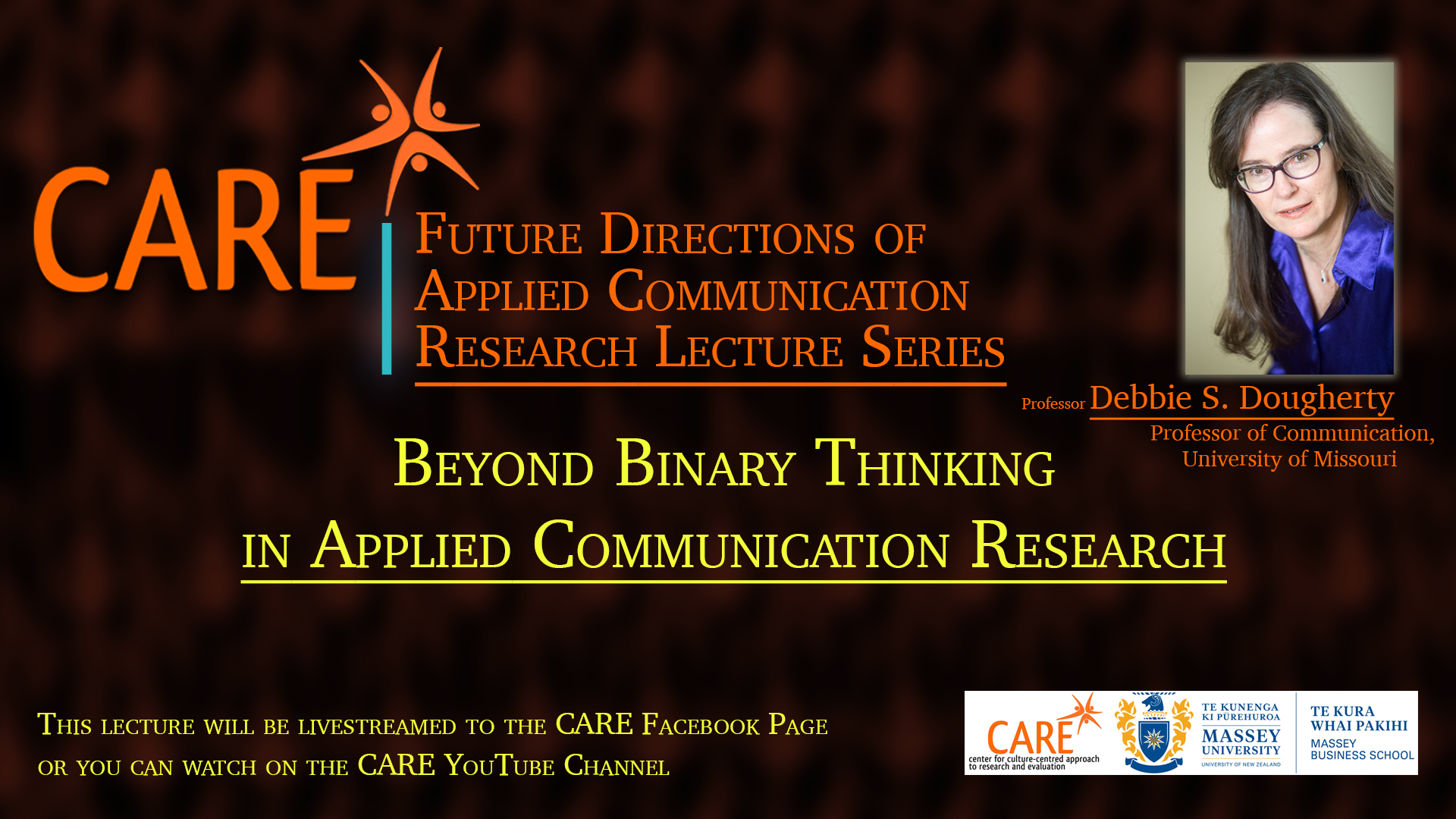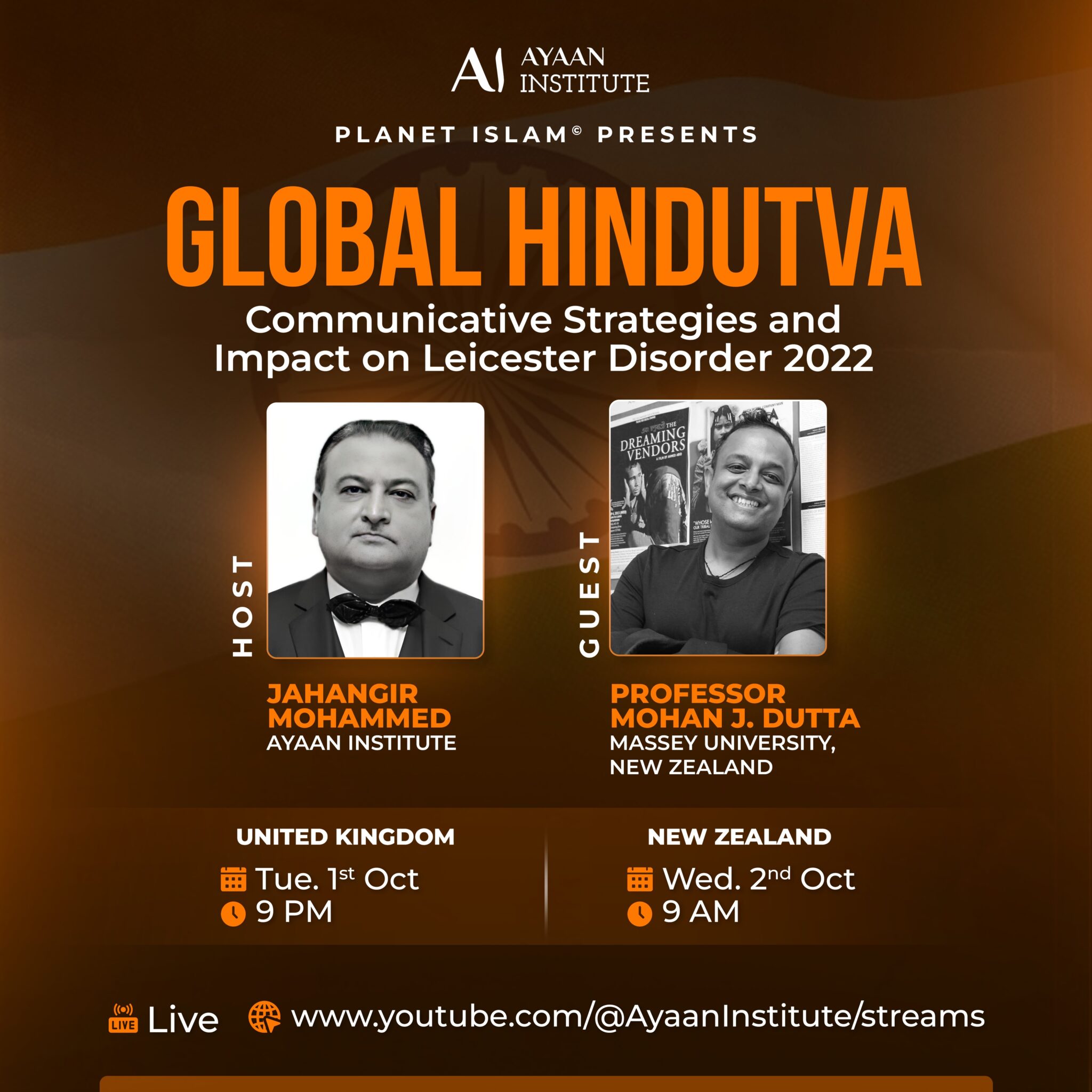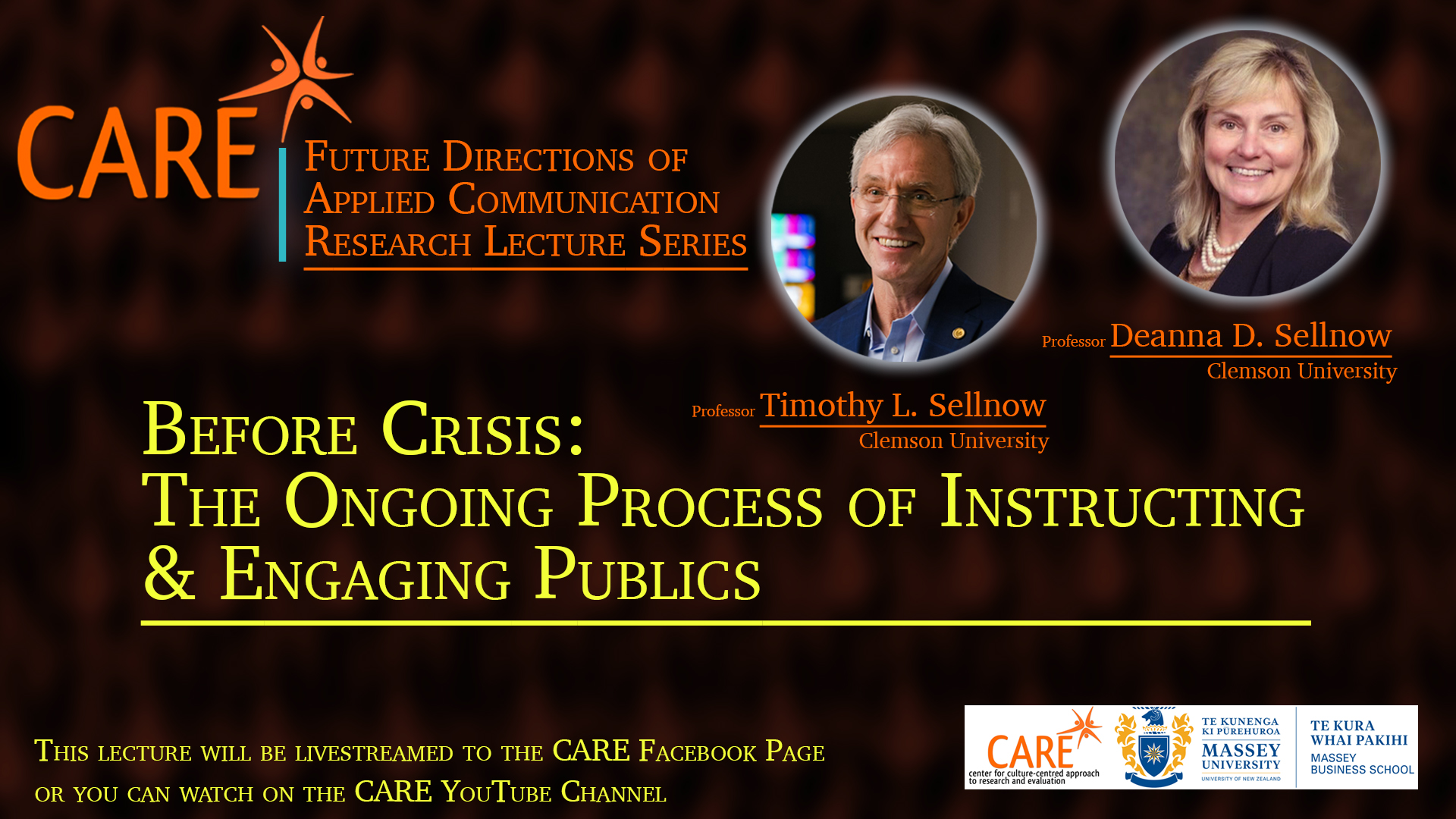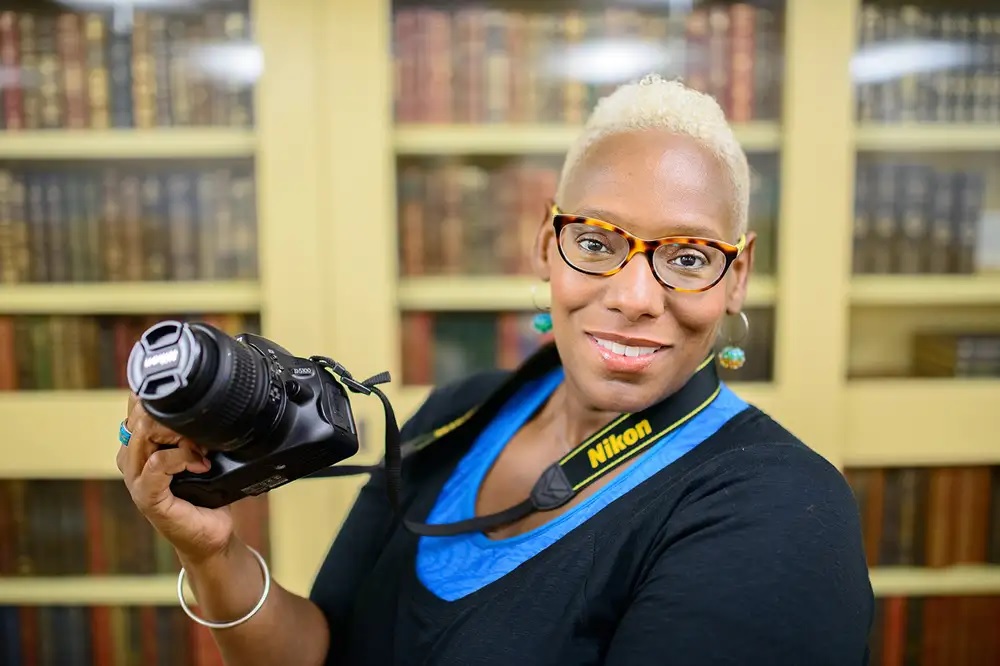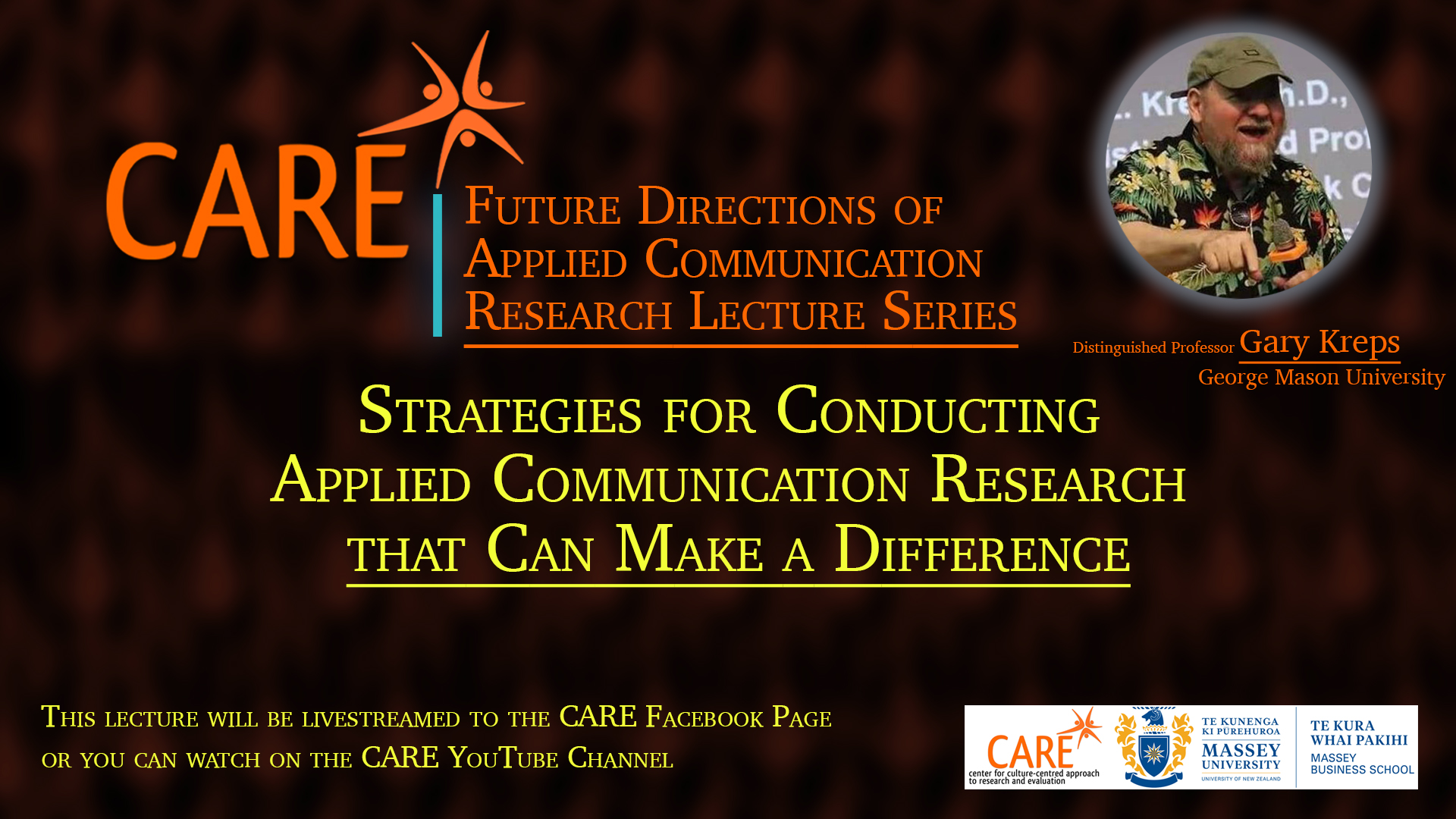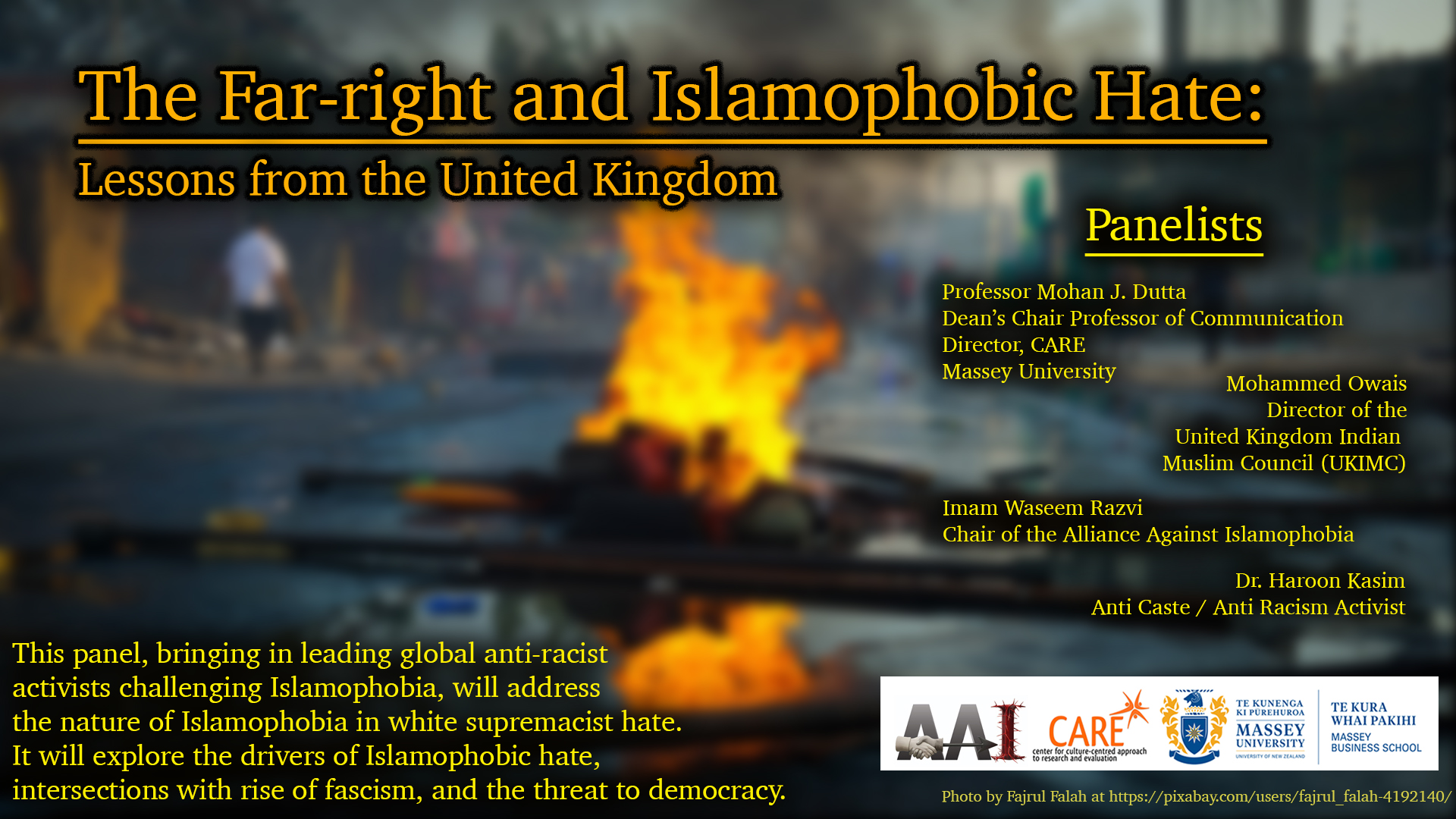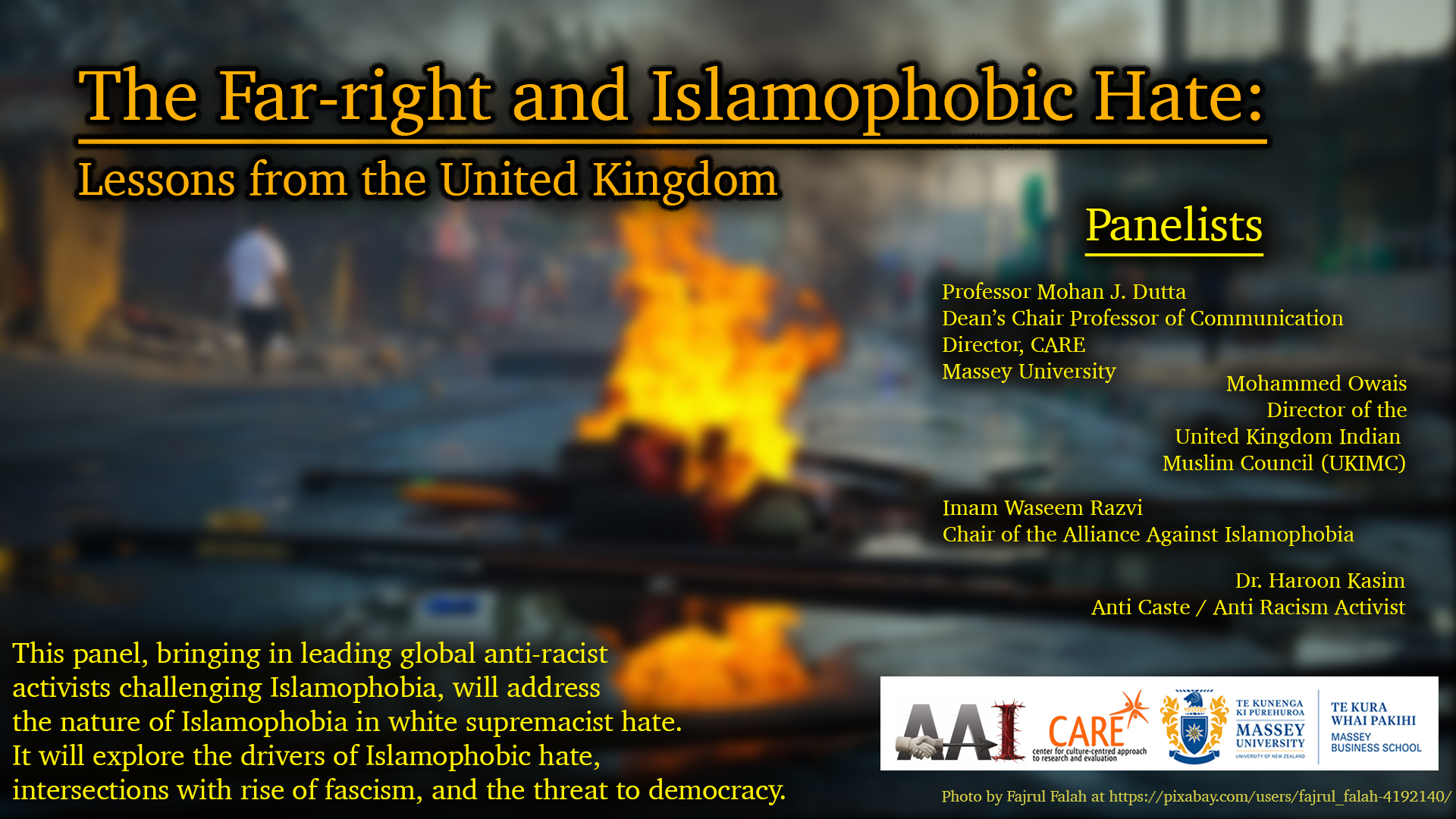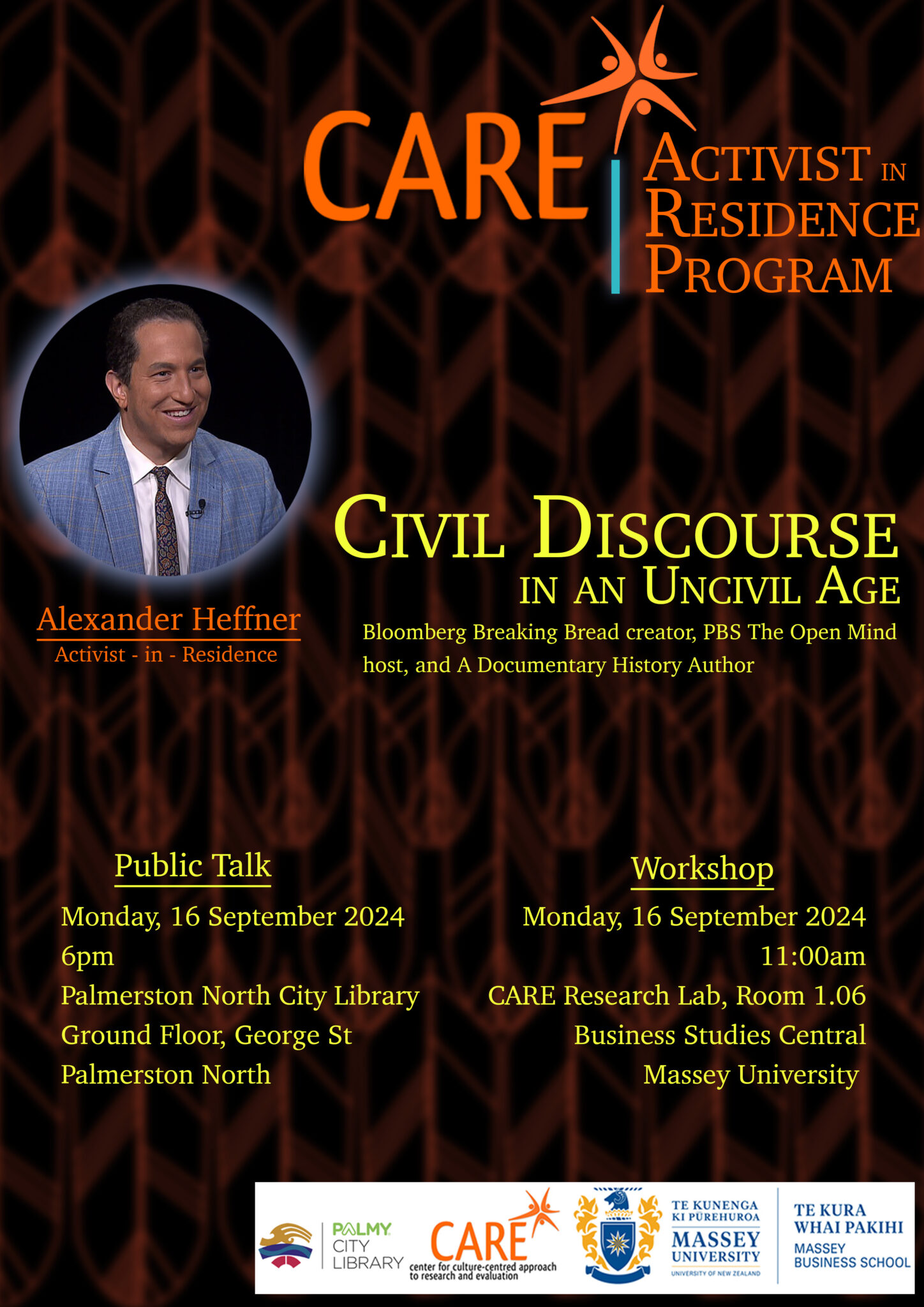CARE | Future Directions Of Applied Communication Research Lecture Series
We are pleased to announce the Fifth Lecture in the Future Directions Of Applied Communication Research Lecture Series, by Professor Heather Zoller, University of Cincinnati on “The Future of Applied Communication Research: Theory/Practice and Pragmatic Utopianism in a Time of Crises.”
Event Details:
Date: October 22, 2024
Time: 10 am NZST
Watch Live on Facebook & YouTube via Zoom
Facebook LIVE: https://www.facebook.com/share/J3vssuXuJ5NyozLd/
YouTube LIVE: https://www.youtube.com/live/KsGu8shkcyE?si=05u-4FqPHaGFfgHs
About the Lecturer:
Professor. Heather Zoller, discusses continued challenges in conceptualizing applied communication research from her vantage point as Editor of the Journal of Applied Communication Research and a critical health and organizational communication scholar. She outlines an agenda for developing communication theories and practices that meet the major sociopolitical and economic crises of our time. She then describes critical pragmatism as one avenue for developing applied research, and discusses “pragmatic utopianism” as an exemplar of applying communication insights to challenge the status quo and foster equitable and democratic social change.
Bio:
Heather M. Zoller is a Professor of Communication at the University of Cincinnati where she directs the Communicating Health, Science, Environment, and Risk Certificate. She is the Editor-in-Chief at the Journal of Applied Communication Research and former Senior Editor at Health Communication and Management Communication Research. Her research investigating organizing for healthy work in sustainable and equitable economic systems is published in outlets such as Communication Monographs, Journal of Applied Communication Research, Human Relations, and the Handbook of Organizational Communication Theory and Research. She co-edited the volume “Emerging Perspectives in Health Communication” with Mohan Dutta. She is a member of the National Academies of Sciences, Engineering, and Medicine NIOSH committee on PPE, and served as Board President for Ohio Citizen Action Education Fund. (See https://www.heatherzoller.com/.)
#CommunicationResearch #HeatherZoller #AppliedCommunication #CAREMassey #MasseyUni #AcademicTalk #PragmaticUtopianism #HealthCommunication #OrganizationalCommunication #SociopoliticalCrises #EquitableChange #Aotearoa #NewZealand

